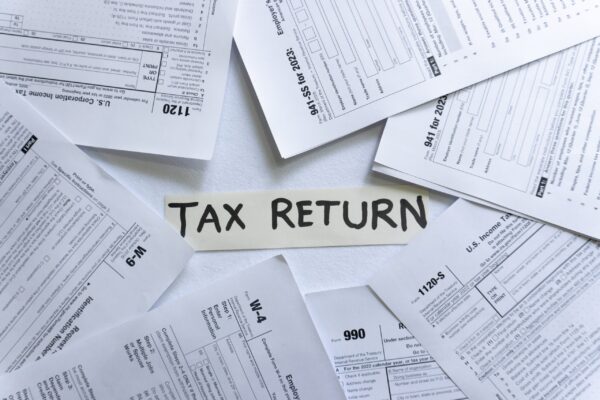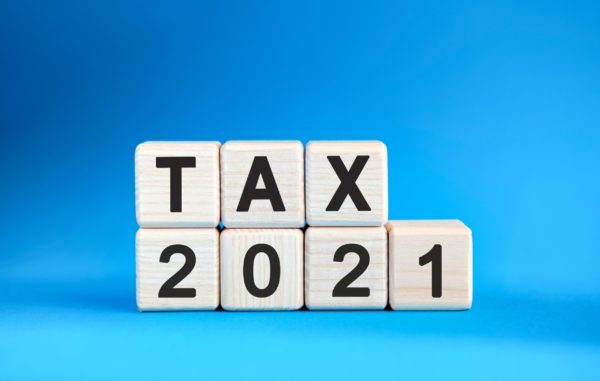
2025 Dirty Dozen Tax Scams
The IRS warns people to watch out for common schemes that threaten their tax and financial information. Here are tips for protecting yourself.

The IRS warns people to watch out for common schemes that threaten their tax and financial information. Here are tips for protecting yourself.

The IRS announced the annual inflation adjustments for tax year 2025. Generally, the tax adjustments apply to income tax returns to be filed in tax season 2026.

Disasters can have an immediate and lasting impact on individuals, organizations, and businesses. Year-round preparation is critically important. The IRS offers tips for protecting personal and business information in an emergency.

Are you concerned about the likelihood of your business being audited by the IRS? What does the IRS see as red flags? How can you avoid them?

You have the right as a taxpayer to appeal an IRS decision in an independent forum. Learn more about your rights regarding IRS decision appeals.

The government gave taxpayers a break during the pandemic and paused sending collection notices. Collection notices are resuming in 2024.

Beginning January 1, 2024, businesses receiving more than $10,000 in cash must report transactions to the U.S. government by e-filing Form 8300 instead of filing a paper return.

The IRS and tax professionals continue to see aggressive broadcast advertising, direct mail solicitations, and online promotions involving the ERC. While the credit is real, aggressive promoters are misrepresenting and exaggerating who can qualify for the credits.

If you are interested in claiming the EV tax credit for purchasing a new electric vehicle after August 16, 2022, a tax credit is generally available only for qualifying electric vehicles where final assembly occurred in North America. A transition rule applies for electric vehicles purchased before August 16, 2022.

Effective July 1, 2022, standard mileage rates for business travel is 62.5 cents per mile. Recognizing recent gas price increases, the IRS made a special adjustment for the final months of 2022.

Tax years are based on annual accounting periods where you keep records and report income and expenses. A tax year may not be a calendar year. Discover the annual accounting periods you may or may not adopt.

The IRS provided further details on additional transition relief for certain domestic partnerships and S corporations preparing the new schedules K-2 and K-3 to further ease the change to these new schedules.